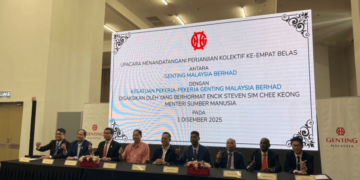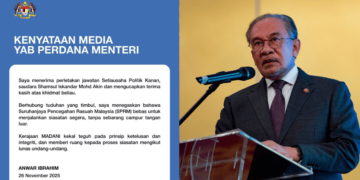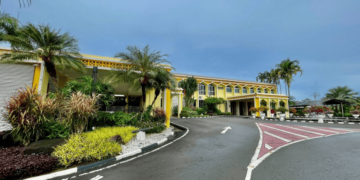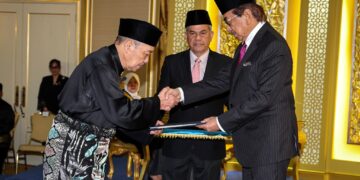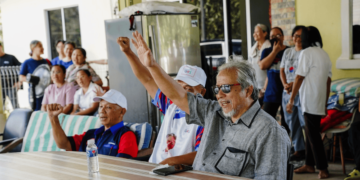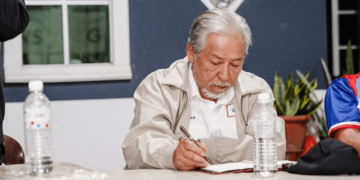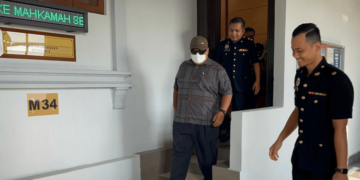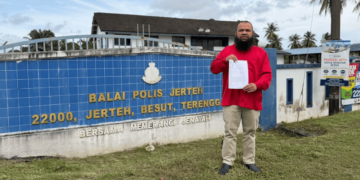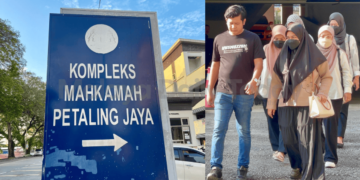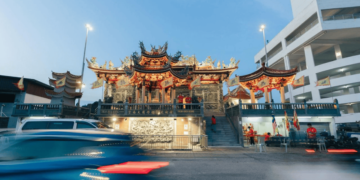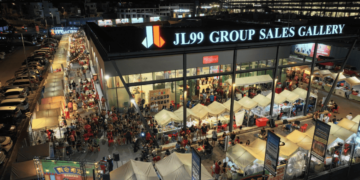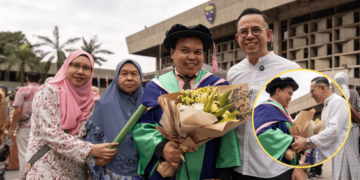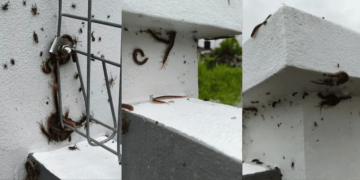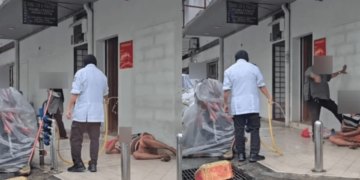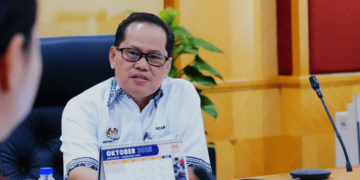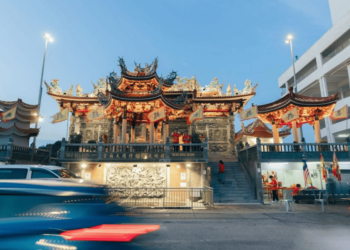KUALA LUMPUR – Once a beacon of urban housing, Flat Sutera in Taman Desa Bakti, Selayang, now stands as a shadow of its former self a 31-year-old housing block plagued by decay, neglect, and even the eerie presence of pythons slithering through its forgotten corridors.
Despite its prime location next to the bustling Selayang Wholesale Market, the flat’s property value has stagnated between a mere RM75,000 and RM150,000 a fraction of its potential, thanks to years of poor maintenance and zero reinvestment.
Minister of Housing and Local Government, Nga Kor Ming, led a special site visit recently as part of an awareness drive for the long-awaited Urban Renewal Bill (RUU PSB), expected to be tabled in Parliament this June.
What greeted the visiting delegation was alarming: foul-smelling stagnant water filled with garbage, crumbling infrastructure, broken pipes, mosquito-infested surroundings, and dangerously slippery, algae-covered floors.

Several blocks have already been left completely uninhabited ghost flats in a living city.
Adding to the concern, the 148-unit flat has largely become a rental hub for foreign workers mainly from Myanmar who pay around RM450 to RM500 a month, while locals have slowly but surely abandoned the flats.
“Many of the original residents have moved out. What we’re seeing is a serious drop in asset value and a place with no upward potential,” Nga said at a press conference after the tour.
He pointed out rusting abandoned vehicles, failed waste management systems, poor drainage, and most shockingly, the normalised presence of pythons as signs of collapse.
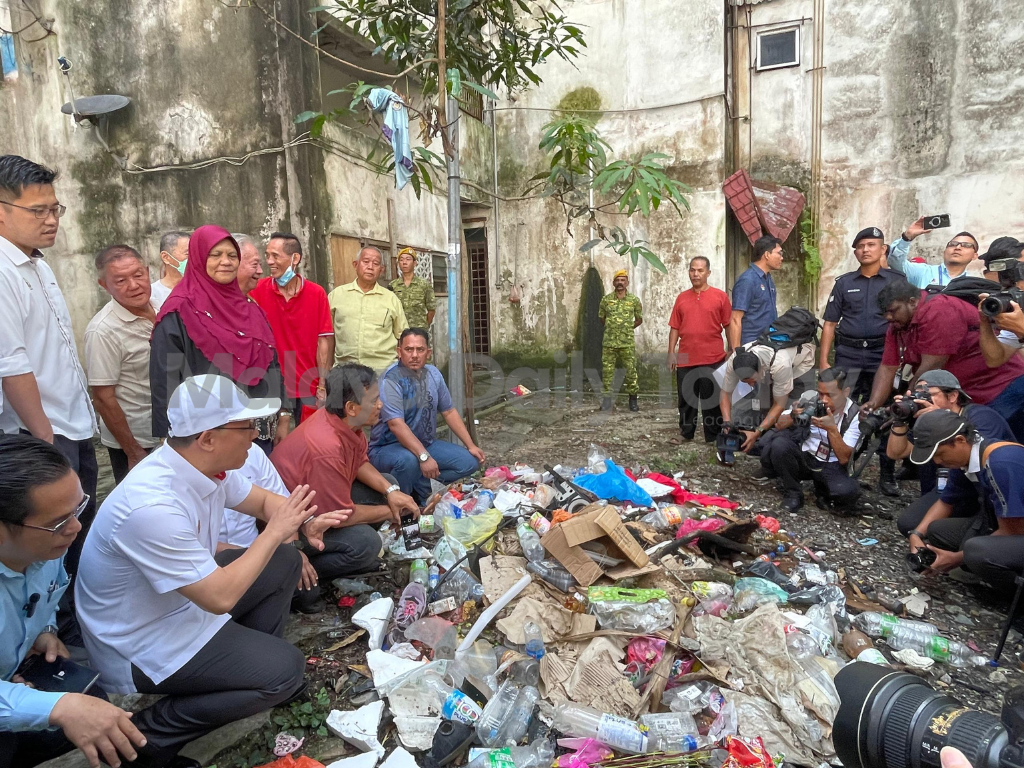
“Economically, the flat’s price doesn’t even come close to matching other properties in the same area,” he added.
Earlier, three buses carrying eight Members of Parliament and nine Senators departed from Parliament to inspect two dilapidated housing sites in the city.
The objective? To understand the reality on the ground before visiting two successful urban renewal projects for comparison.
Nga stressed that the site visit was more than symbolic it’s a rallying cry for urgent legislative reform.
The proposed PSB Bill, in the works since 2013, would finally empower the government to intervene in redevelopment projects when consensus is held back by just a few holdouts.
“Over 90 percent of the residents here have already signed written consent supporting the redevelopment.

But because the current law still demands 100 percent agreement from owners, we’re at a standstill,” he explained.
That’s where JL99 Group comes in. The developer has already taken proactive steps engaging with residents of Flat Sutera and offering a redevelopment proposal tailored to their needs.
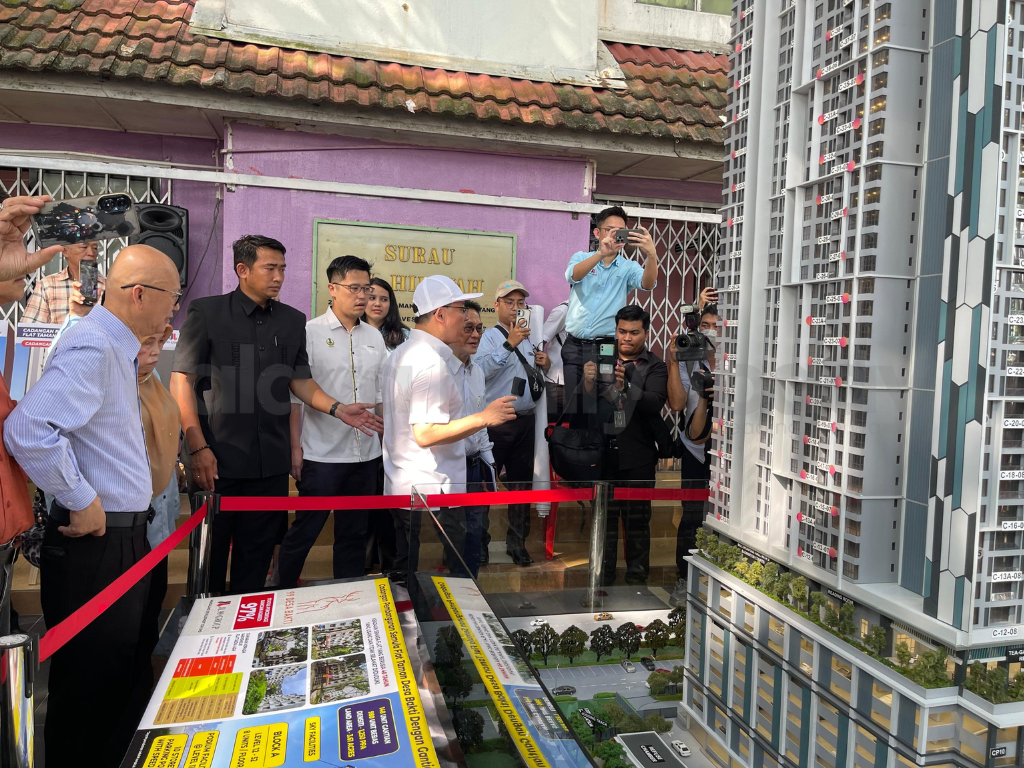
With the PSB Act, Nga said, the government can step in to ensure fair outcomes and protect residents from exploitative developers.
“At present, there’s no law for the government to intervene. Developers can manipulate or delay. But once the Act is passed, residents will have access to mediation, and the Director General can step in to resolve disputes,” he said.
Flat Sutera may be a relic of the past, but with JL99 Group already on board and over 90 percent of residents ready for change it’s now just a matter of time before transformation becomes reality. -MalayaDailyToday







